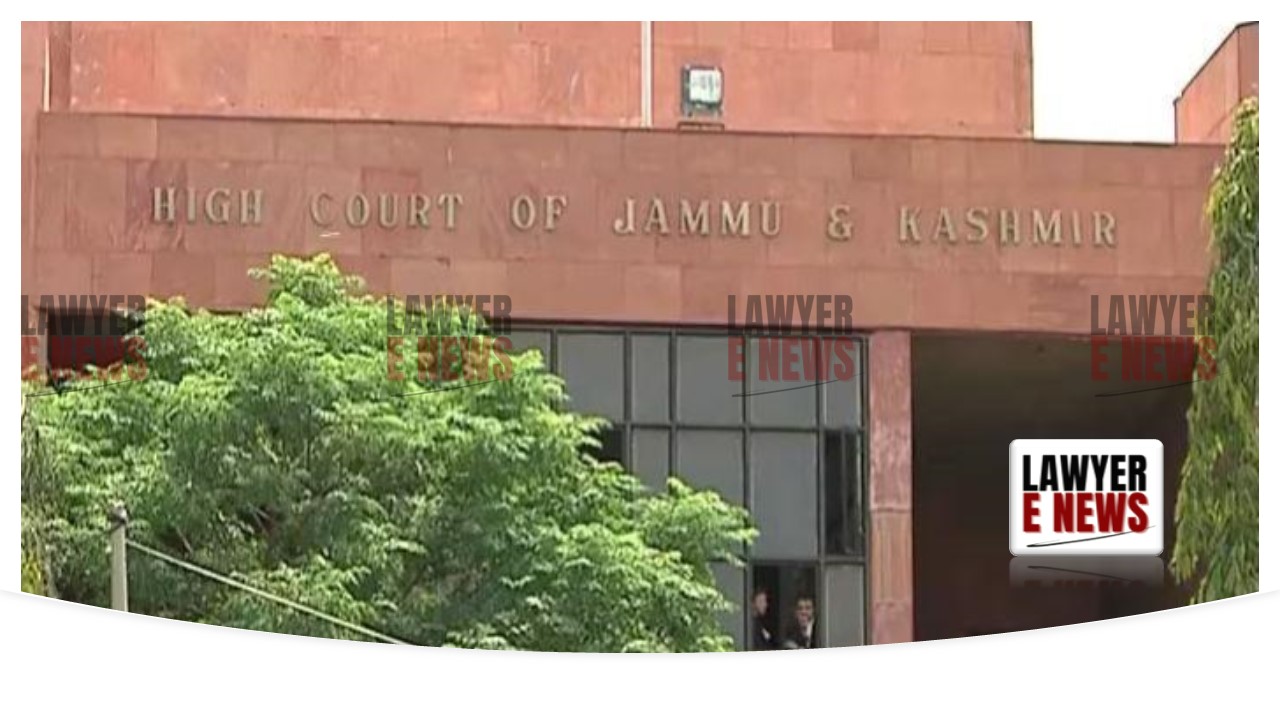-
by Admin
15 February 2026 2:36 AM



Justice Sanjeev Kumar emphasizes presumption of innocence and highlights inconsistencies in allegations of gang rape.
The High Court of Jammu & Kashmir and Ladakh has granted bail to Waseem Akram and Sahil Chowdhary in a high-profile gang rape case, citing inconsistencies in the prosecution’s allegations. The judgment, delivered by Justice Sanjeev Kumar on May 6, 2024, underscores the importance of credible evidence and the presumption of innocence in granting bail.
The case originates from FIR No. 351/2021, registered on October 28, 2021, at Police Station Bahu Fort, Jammu. The FIR was based on a complaint by the respondent, who alleged harassment and abuse by her in-laws, including her husband, father-in-law, and mother-in-law, following her marriage on October 23, 2020. Initially, the complaint included allegations under Sections 354, 342, 498, 498-A, 504, and 506 of the IPC. It wasn’t until her statement under Section 164 Cr.P.C. on November 3, 2021, that the respondent alleged rape and gang rape by Waseem Akram and Sahil Chowdhary, leading to the addition of Sections 376 and 376-D IPC to the charges.
Credibility of Initial Complaint vs. Section 164 Statement: The court critically examined the complainant’s initial FIR, which did not mention any rape or gang rape, against her later statement under Section 164 Cr.P.C. “The distinction between elaboration and improvisation of facts must be recognized,” Justice Kumar observed. The court found that the new allegations introduced in the Section 164 statement, without prior mention in the FIR, significantly weakened the prosecution’s case.
Legal Principles for Grant of Bail: Reiterating the legal framework for granting bail, the court referred to several Supreme Court judgments. “Bail is the rule and jail is the exception, especially under the presumption of innocence principle enshrined in Article 21 of the Constitution,” Justice Kumar stated. He highlighted factors such as the nature and gravity of the accusation, the likelihood of the accused absconding, and the behavior of the accused during the investigation.
Evaluation of Evidence: The court found that the material on record did not provide prima facie grounds to believe that the petitioners had committed the alleged offenses. “The manner in which the complainant has improvised at every stage brings the prosecution case of gang rape against the petitioners in the realm of suspicion,” the judgment noted.
Justice Kumar remarked, “There is a clear tendency seen in the complainant to improvise and make fresh allegations involving her in-laws in heinous offenses in a bid to settle scores for her disturbed marital life.”
The High Court’s decision to grant bail to Waseem Akram and Sahil Chowdhary underscores the importance of consistency in the prosecution’s case and adherence to the principle of presumption of innocence. This judgment is expected to influence future bail applications, reinforcing the need for substantial evidence to support severe accusations. The court’s emphasis on procedural integrity and the presumption of innocence serves as a reminder of the fundamental principles of criminal jurisprudence.
Date of Decision: 6th May 2024
